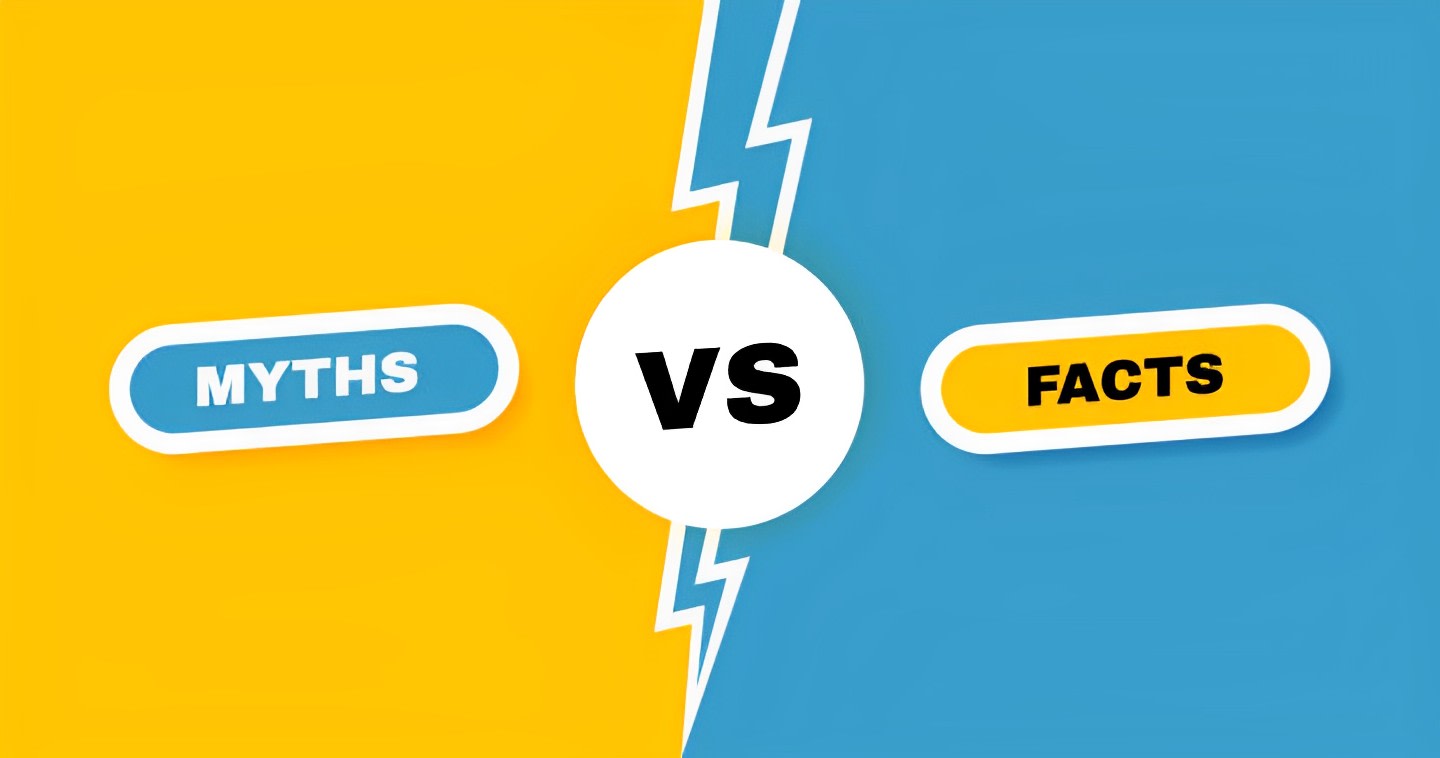
Debunking Ghanaian Real Estate Myths: A Buyer’s Guide
Buying a home is a significant decision that involves careful planning, research, and consideration. However, as with any real estate market, there are common myths and misconceptions that can mislead prospective homebuyers in Ghana. In this guide, we aim to debunk these myths and shed light on the realities of the Ghanaian real estate market, providing future buyers with accurate information to make informed decisions.
Myth 1: “Real estate is only for the wealthy.”
Fact: While real estate can be a substantial investment, it is not exclusive to the wealthy. Ghana’s real estate market offers a wide range of properties catering to various budget levels. Affordable housing schemes and mortgage options are available, making homeownership more accessible to a broader spectrum of buyers.
Myth 2: “It’s better to wait for the perfect time to buy.”
Fact: The perfect time to buy a home is subjective and can vary based on personal circumstances and market conditions. Trying to time the market perfectly can be challenging and may lead to missed opportunities. Instead, focusing on factors such as financial readiness, long-term goals, and location suitability can lead to a successful purchase.
Myth 3: “Paying rent is more cost-effective than buying a home.”
Fact: Renting may seem less expensive in the short term, but homeownership can be more cost-effective in the long run. With Ghana’s growing real estate market and potential for property appreciation, homeowners can build equity and benefit from their investment over time.
Myth 4: “You need a large down payment to buy a home.”
Fact: While a larger down payment can reduce monthly mortgage costs, it is not the only option for purchasing a home. Various mortgage products in Ghana offer flexible down payment requirements, making it possible to enter the housing market with a smaller initial investment.
Myth 5: “The asking price is non-negotiable.”
Fact: Negotiation is an essential part of the homebuying process in Ghana. Sellers may be open to discussions on the asking price, especially in a buyer’s market or if the property has been on the market for a while. Working with a skilled real estate agent can help buyers navigate negotiation effectively.
Myth 6: “You can skip the home inspection to save money.”
Fact: A home inspection is a crucial step to identify any potential issues or defects in a property. Skipping the inspection may save money upfront, but it can lead to costly surprises and repairs later on. Investing in a professional home inspection provides peace of mind and can help negotiate for repairs or a lower price if needed.
Myth 7: “All real estate agents are the same; it doesn’t matter who you choose.”
Fact: Real estate agents vary in their expertise, experience, and approach to customer service. Choosing the right agent who understands the Ghanaian market and has a track record of successful transactions can make a significant difference in the homebuying process.
Myth 8: “Buying a home is a one-time expense; no additional costs involved.”
Fact: Purchasing a home involves more than just the property’s sale price. Buyers must also consider additional costs like legal fees, stamp duty, land registration fees, and potential renovation expenses. Being aware of these costs will help prospective buyers budget more effectively.
Myth 9: “Newly built homes are flawless; no need for inspections.”
Fact: While newly constructed homes are expected to meet certain standards, they are not immune to defects or construction errors. A thorough inspection of a new property can help uncover any hidden issues that may arise later, ensuring that the buyer invests in a sound and well-built home.
Myth 10: “Location doesn’t matter as long as the house is perfect.”
Fact: Location is a critical factor in real estate, influencing the property’s value, convenience, and lifestyle. Choosing the right neighborhood that aligns with the buyer’s needs, such as proximity to schools, amenities, and transportation, can significantly impact their overall satisfaction with the purchase.
Conclusion:
Aspiring homebuyers in Ghana should be wary of the prevalent myths surrounding the real estate market. Armed with accurate information and debunked misconceptions, future buyers can approach the homebuying process with confidence and clarity. By partnering with reputable professionals and conducting thorough research, individuals can navigate the Ghanaian real estate landscape successfully and achieve their homeownership dreams.






